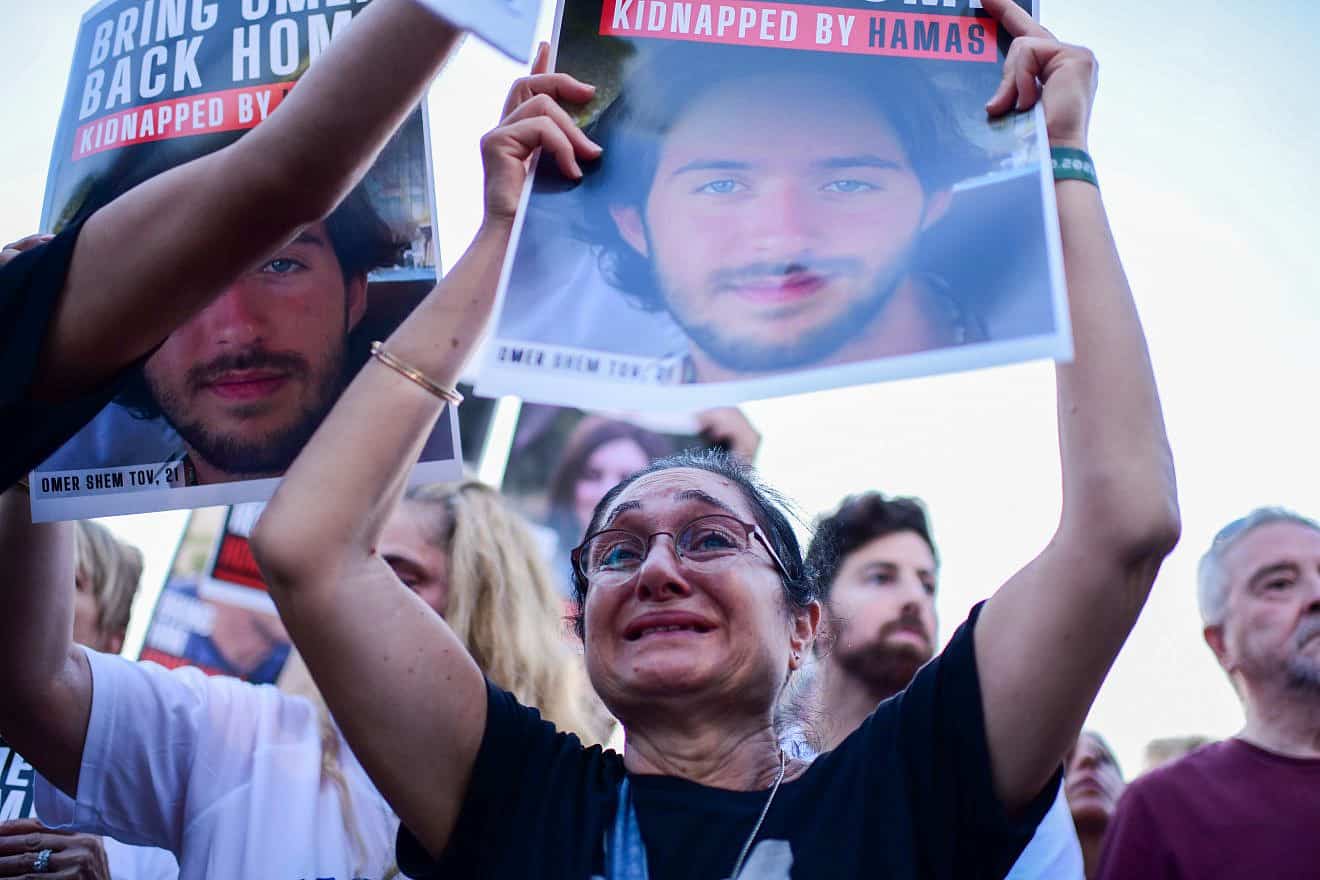Israeli National Security Minister Itamar Ben-Gvir warned on Tuesday that an emerging deal to secure the release of some hostages in exchange for a ceasefire in the war against Hamas could backfire.
Ben-Gvir said he was “very concerned” that the exact details of a potential agreement were not being divulged, and that members of the government are “not being told the truth.”
“The rumors are that the State of Israel is once again going to make a very, very big mistake in the style of the Shalit deal,” in which Jerusalem released over 1,000 Palestinian prisoners, including current Hamas chief in Gaza Yahyah Sinwar, in exchange for captive Israeli soldier Gilad Shalit.
Many Palestinian terrorists freed in previous deals returned to terror, and unconfirmed reports suggest that some of them subsequently joined Hamas’s elite Nukba force and participated in the Oct. 7 massacre of 1,200 Israelis.
Ben-Gvir said that a deal could therefore “bring disaster,” adding that fuel being allowed into the Strip might end up being used by Hamas to power its terror machine.
The national security minister slammed the War Cabinet‘s acquiescence last week to a U.S. demand that fuel be regularly supplied to Gaza.
Hamas has also reportedly demanded that Israel refrain from using surveillance drones during any potential truce.
According to a Channel 12 report on Tuesday, Israel and Hamas are “very close” to a deal that would secure the release of some hostages being held by the Palestinian terror group in the Gaza Strip.
The report cited a senior Israeli official who said that while the sides have agreed to the outlines of an agreement, the parties are still hashing out various technical issues.
The deal under discussion would reportedly include the release of around 50 hostages, most likely women and children, in exchange for a ceasefire of 3-5 days. Ten hostages would be released per day, with additional captives possibly being released if the ceasefire is extended, according to the report.
Hamas is holding some 240 Israelis hostages in Gaza, who were captured during the terror group’s Oct. 7 invasion of Israel.
Also Tuesday, a Qatari Foreign Ministry spokesman said that the sides were at their “closest point” to a deal and had reached the “critical and final stage” of negotiations.
Qatar, along with Iran, is Hamas’s foremost financial backer and has reportedly been mediating indirect talks between the Palestinian terror group and Jerusalem.
On Monday, White House National Security Council spokesperson John Kirby similarly said that “we’re closer than we’ve been before” to finalizing a deal.
The Wall Street Journal reported on Sunday that Jerusalem is “meticulously” verifying the names on the list of Palestinian prisoners who could be released as part of the deal to ensure that none of them are connected to Hamas.
Egyptian sources told the Journal that one scenario would see a five-day pause in fighting and Hamas releasing 50 hostages on the first day, followed by 10 hostages each day that the truce is extended. Hamas would guarantee that mothers are not separated from their children, according to the report.
The Washington Post on Saturday reported on a similar framework of a potential deal.
According to the Egyptian officials, one of the main complications is the inability of Hamas to account for the whereabouts of the hostages it and other terror groups in Gaza are holding.


























